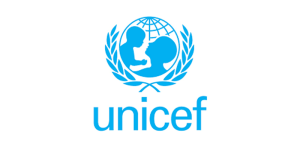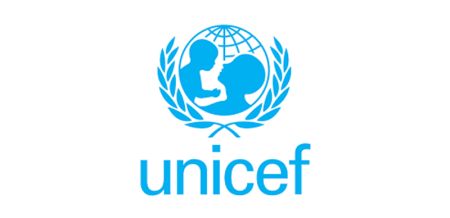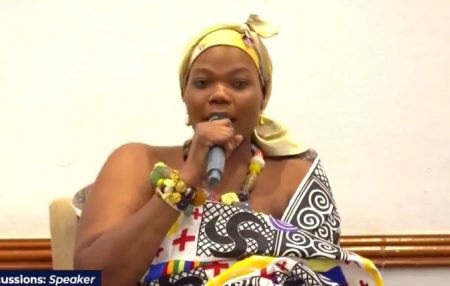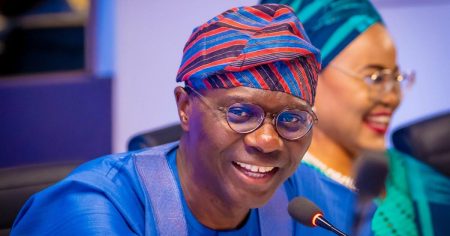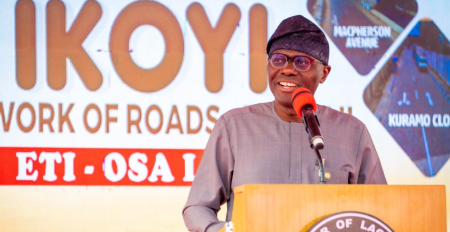The Nigerian political landscape is experiencing a significant shift as politicians grapple with the declining influence of the Peoples Democratic Party (PDP), once a formidable force in the nation’s politics. Senator Ahmed Kaita, a former lawmaker, has issued a clarion call to politicians, urging them to resist the allure of the ruling All Progressives Congress (APC) and instead focus their energies on revitalizing the opposition. Kaita’s appeal comes amidst a wave of defections from the PDP to the APC, leaving the former a shadow of its former self. He argues that a robust opposition is crucial for a healthy democracy and that the current scramble for positions within the ruling party undermines this vital component of governance. Kaita’s concerns reflect a broader sentiment among some political observers who believe that a dominant ruling party can lead to complacency, lack of accountability, and ultimately, a decline in the quality of governance.
The mass exodus from the PDP, including prominent figures such as serving governors, lawmakers, and even former Vice President Namadi Sambo, has significantly weakened the party’s ability to effectively challenge the APC. This has created a vacuum in the opposition space, which Kaita and others are attempting to fill. They believe that a strong opposition is essential to hold the government accountable, offer alternative policies, and ensure a vibrant democratic process. The current situation, with the PDP struggling to maintain relevance, has raised concerns about the potential for a one-party dominant system, which could stifle dissent and limit the choices available to the electorate. This underscores the urgency of Kaita’s call for a reinvigorated opposition to counterbalance the APC’s growing influence.
Kaita’s appeal is not merely a critique of the current political dynamics; it is also a call to action. He has revealed that a coalition of political groups is actively working to forge a new opposition force. These groups are exploring the possibility of uniting under a single existing political party, effectively creating a new platform to challenge the APC in future elections. This initiative reflects a growing recognition that the PDP, in its current state, may not be capable of fulfilling its role as the primary opposition party. The coalition’s efforts represent a significant attempt to reshape the political landscape and provide a viable alternative to the APC.
The coalition’s strategy involves identifying a suitable existing political party and collectively joining its ranks. This approach aims to leverage an established infrastructure and avoid the complexities and time constraints of forming a completely new party. The coalition believes that by consolidating their resources and working within an existing framework, they can more effectively challenge the APC. The decision of which party to join is expected to be announced in the coming weeks, following a series of ongoing meetings and consultations. This strategic maneuver underscores the coalition’s commitment to building a viable and impactful opposition force.
Kaita’s concerns about the state of Nigerian politics extend beyond the weakening of the opposition. He has also voiced alarm over the socio-economic challenges facing the nation, attributing them to the policies and actions of the ruling APC. He alleges that funds intended for development are being misappropriated by individuals in positions of power, further exacerbating the hardships faced by ordinary Nigerians. These accusations highlight the importance of a strong opposition to scrutinize government spending and ensure accountability. Kaita’s remarks underscore the broader implications of a weakened opposition, potentially allowing for unchecked power and contributing to socio-economic instability.
The meeting where Kaita made his appeal also saw the arrival of hundreds of new members to the coalition, many of whom were former PDP candidates who felt disillusioned with the party’s leadership. This influx of new members, particularly those with previous political experience, signals a growing momentum behind the coalition’s efforts. The new members expressed their commitment to working alongside the coalition’s leadership to achieve its objectives. This development further strengthens the coalition’s position and underscores the potential for a resurgent opposition force to emerge in Nigerian politics. The combined experience and resources of these new members could prove invaluable in the coalition’s efforts to challenge the ruling APC and offer a viable alternative to the electorate.


